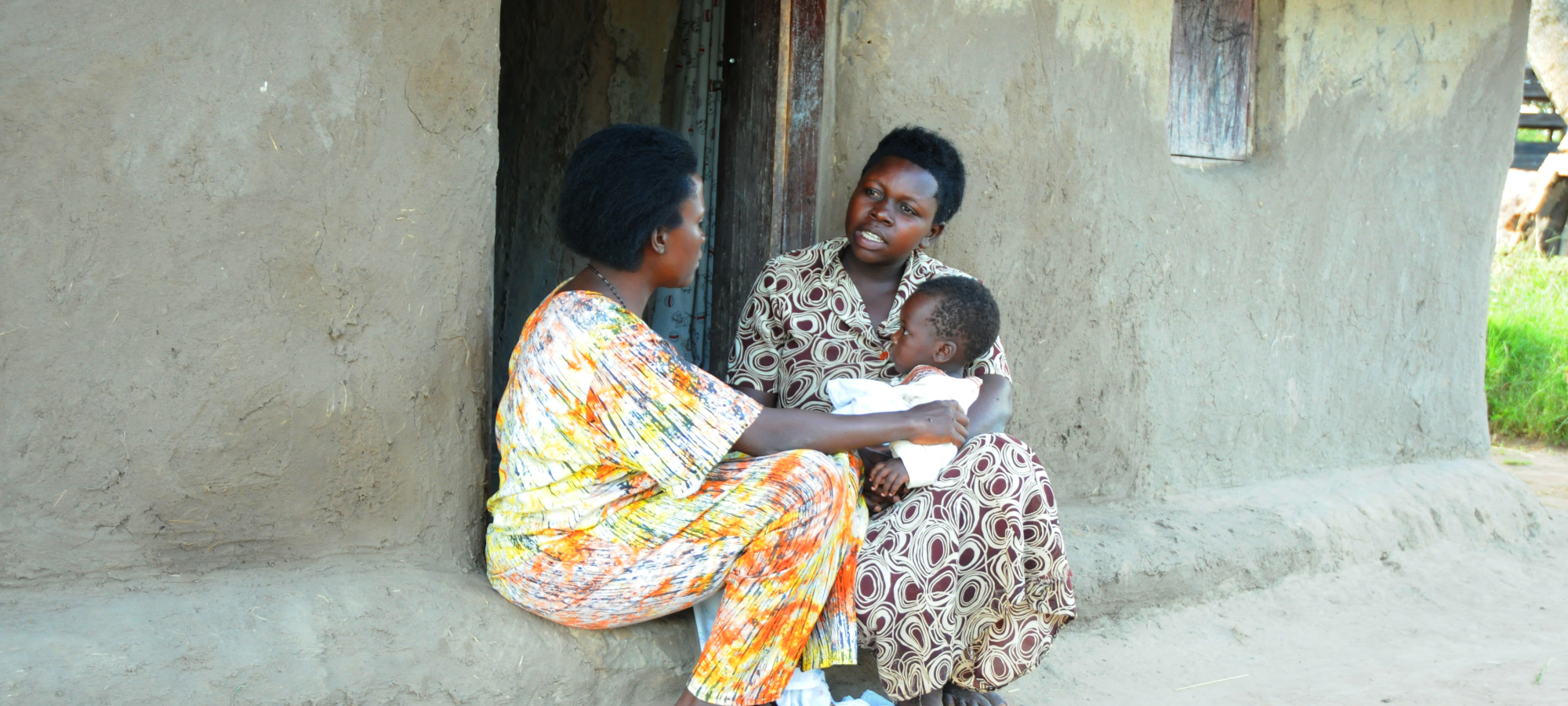This year, we will be attending the 2021 American Society of Tropical Medicine & Hygiene Annual Meeting, which is taking place virtually. Our experts will be presenting on a range of topics including our work on intermittent preventative treatment in infants (IPTi) in Nigeria. To view the schedule and read our associated IPTi publications, visit the website.
In spite of a reduction in the number of malaria deaths in Nigeria, according to the 2020 World Malaria Report, the country still contributes to 27 percent of cases globally, and 23 percent of malaria deaths. The country also reported the highest increase in incidence in Africa in 2018, alongside Ghana. Although malaria morbidity can vary in terms of age, gender and geography, children under the age of five are particularly at risk of contracting malaria as their immune systems are not as fully developed to fight off the disease. According to the World Health Organization (WHO) 2020 World Malaria Report, in 2019, they accounted for as much as 67 percent of all malaria deaths worldwide.
In 2010, WHO recommended intermittent preventive treatment in infants (IPTi), a full therapeutic course of antimalarial medicine delivered to infants through routine immunisation, in areas with moderate to high malaria transmission. However, a decade on, only one country has taken up this recommendation as national policy; Sierra Leone. Could the uptake of IPTi in Nigeria be the key to reducing the malaria burden in the country?
In July this year, the inauguration of the National IPTi Research and Policy Uptake Task Team kicked off in Nigeria, gathering country experts together to support the Nigerian government in gathering evidence to assess the feasibility of bringing about IPTi as a national policy to drive down malaria instances in young children. The task force brings together a wide array of experts that will meet twice yearly, including paediatricians, experts in epidemiology and evaluation, as well as malaria managers from the National Malaria Programme, who will support the Nigerian government in seeking solutions to the barriers that prevent the uptake of a national IPTi policy. This will include the development of a strategic framework for research uptake with key stakeholders, providing guidance on the development of research uptake goals and objectives and methods of dissemination, as well as advising on ways to infuse gender equity perspectives into the project. The task force aims to increase the likelihood of uptake and acceptability of the findings for national policy guidance for the clinical effectiveness of IPTi in Nigeria.
In Abuja, Nigeria’s capital, Malaria Consortium are currently undertaking a research study to support this work, assessing IPTi’s clinical effectiveness and operational feasibility in Nigeria and evaluating the cost effectiveness of implementing IPTi within the Nigerian context. The study, supported by the Bill & Melinda Gates Foundation, aims to generate the necessary evidence to support the intervention’s uptake into national health policy.
As part of this study, Malaria Consortium will undertake a number of activities, including:
- Selecting and training participating health workers and Village Health Workers in administering IPTi
- Developing, testing and distributing tools, such as job aids, immunisation registers, data collection and reporting forms, as well as social and behaviour change materials
- Raising community awareness by working closely with local leaders and community-based organisations, training social mobilisers to spread key messages, hosting community meetings and deploying mass media. This will encourage caregivers to register their eligible children for the intervention.
Malaria Consortium’s Senior Project Manager, Omowunmi Omoniwa, is directly involved with the task force and sits within the secretariat. Her work contributes to the research around reducing malaria morbidity in infants through intermittent preventive treatment. Omowunmi said of the initiative, “IPTi is an exciting project which can transform the way a country looks at fighting malaria but much more than that, it targets a really vulnerable age group and allows caregivers to feel more secure about their children’s health, without an added logistic burden of hospital visits or costs.”
Malaria Consortium’s role in providing evidence-based research on the effectiveness, feasibility and costs of IPTi will help inform policy and decision-making and support the Nigerian government in understanding how best to deploy an initiative that could lessen the strain on local health facilities, the financial strain on individuals and reduce the mortality and morbidity of children under five from malaria – moving the country further along the pathway towards malaria elimination.
